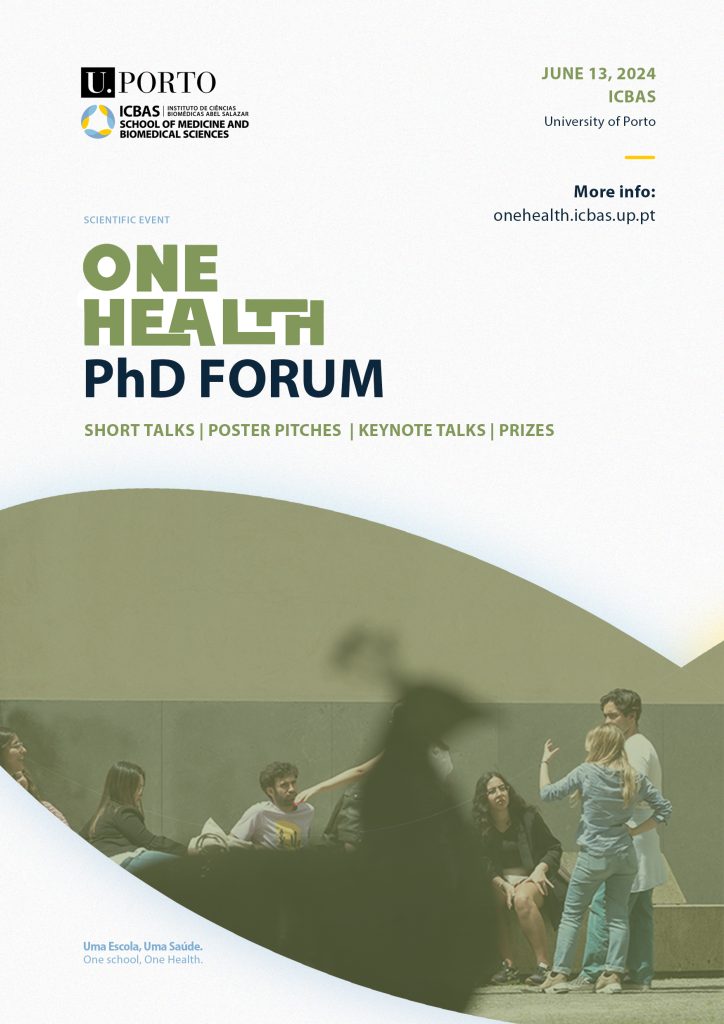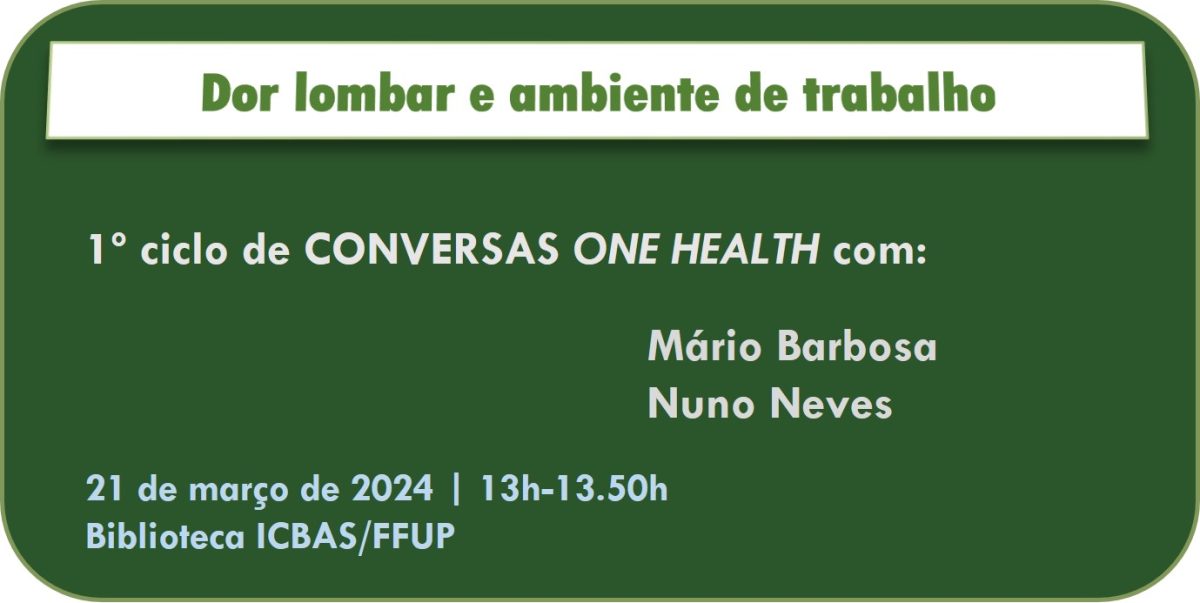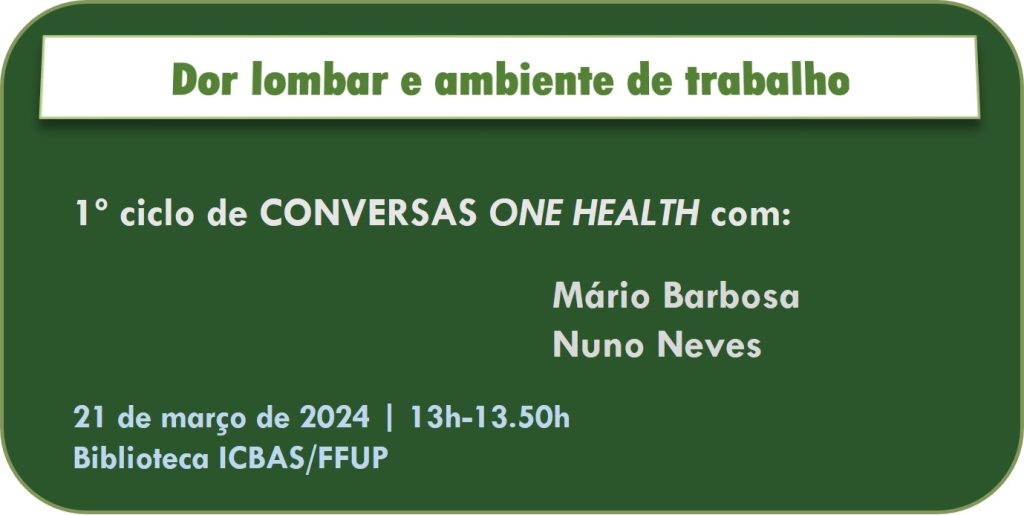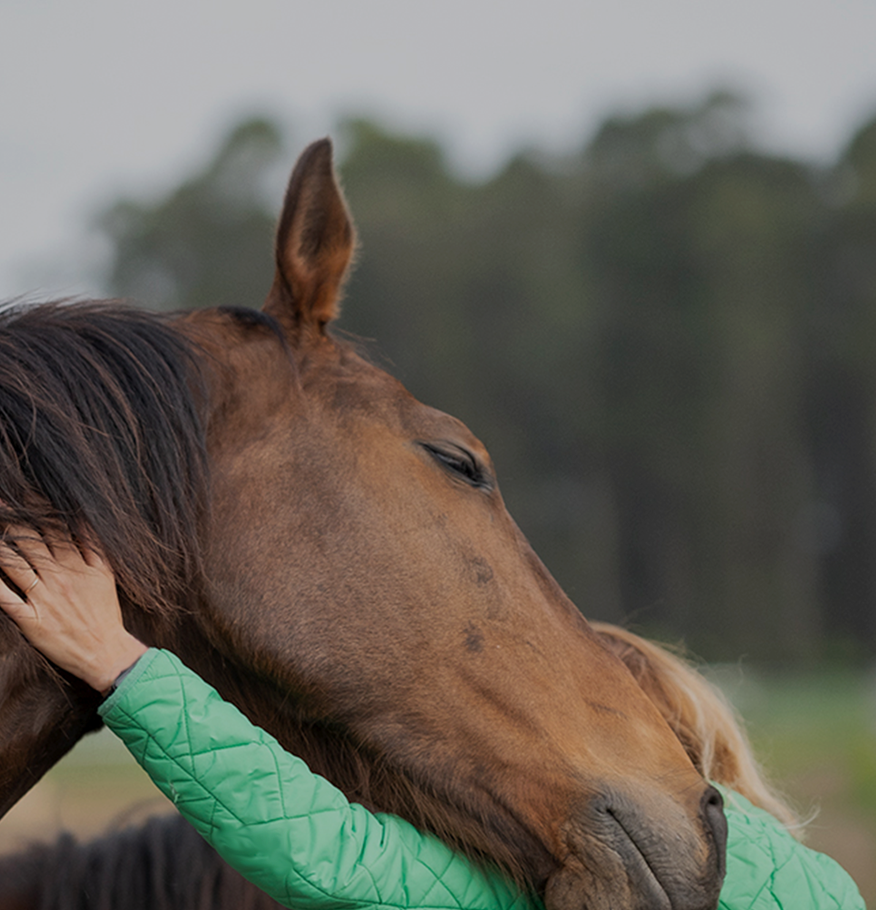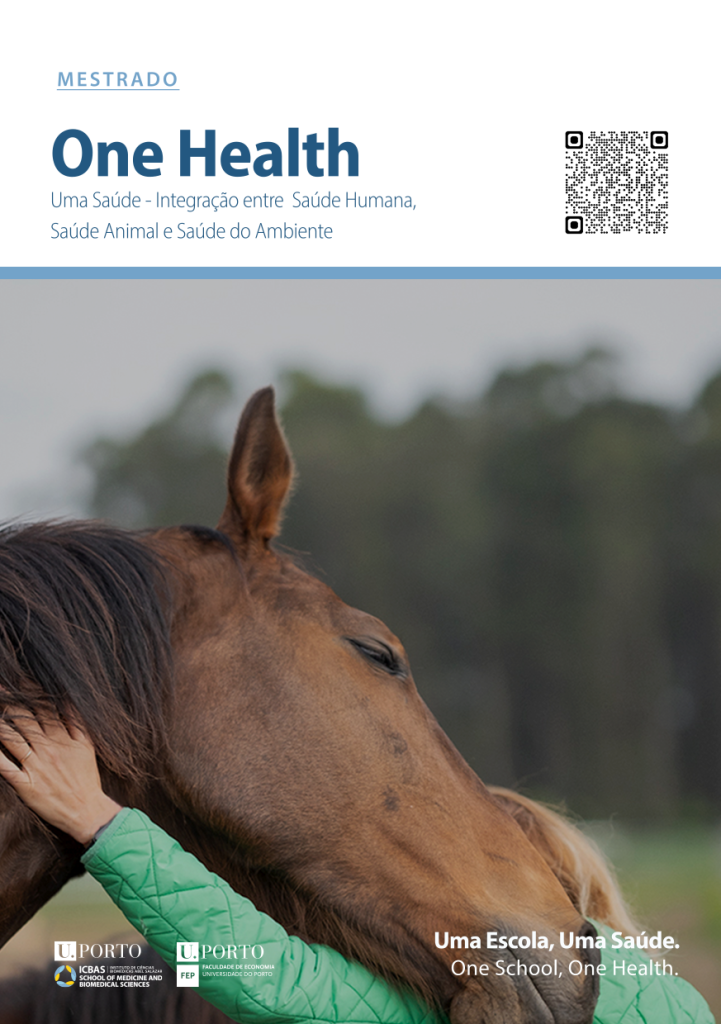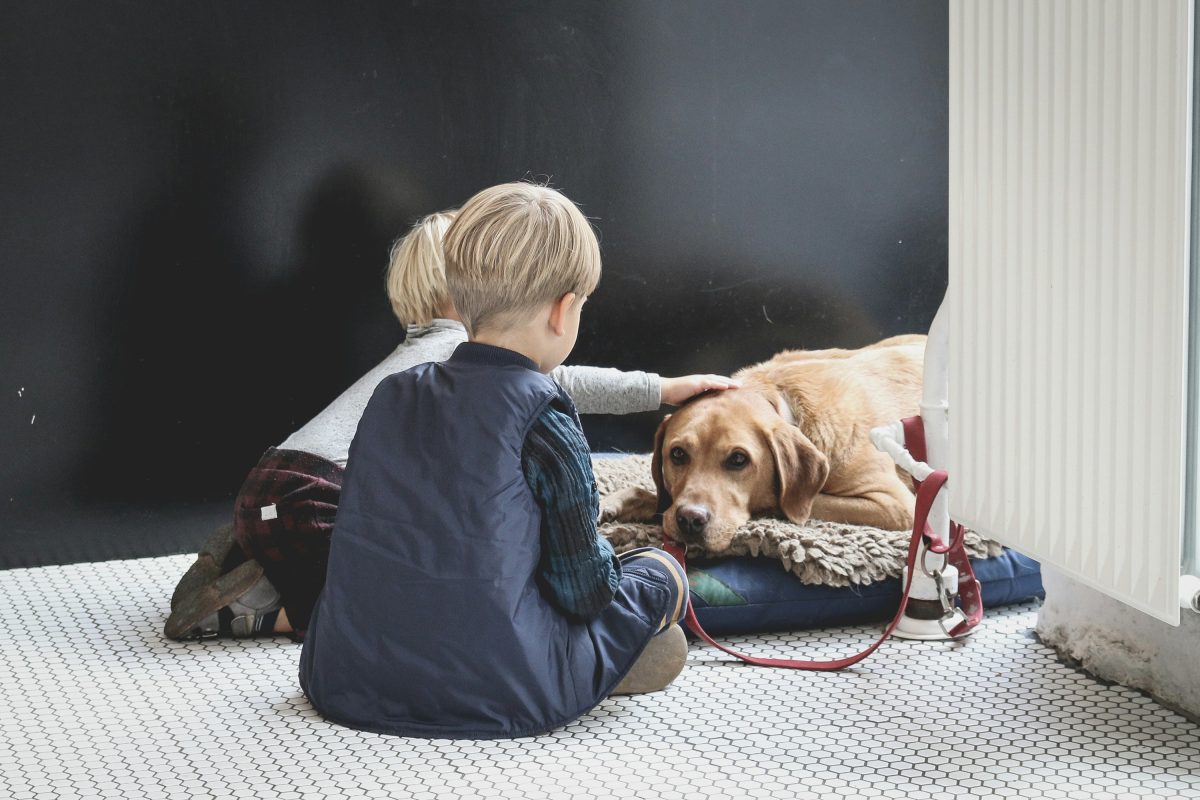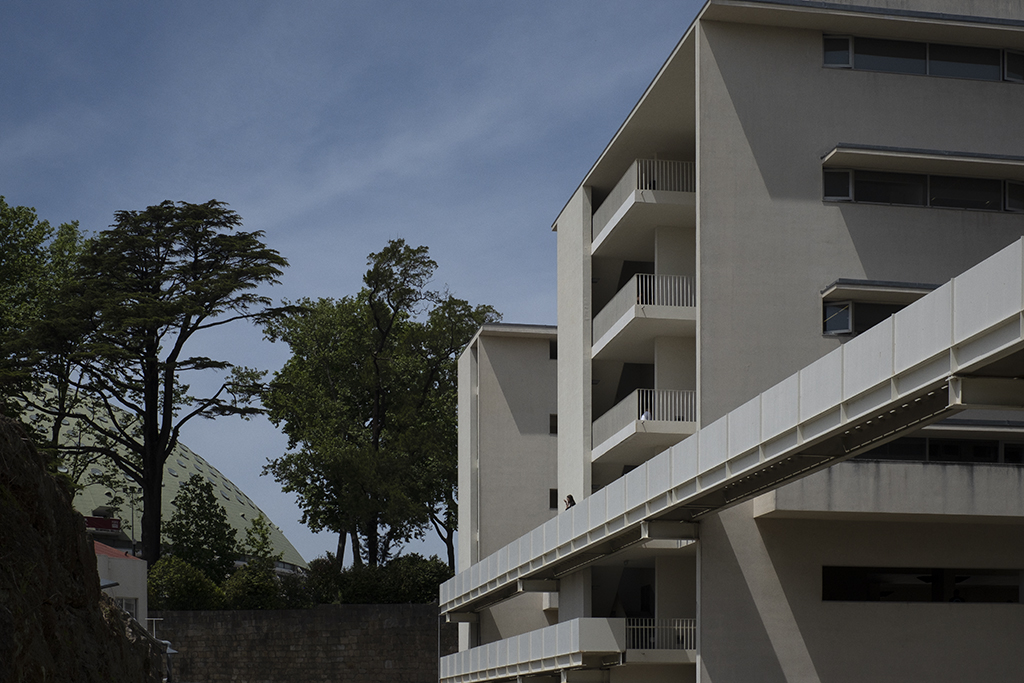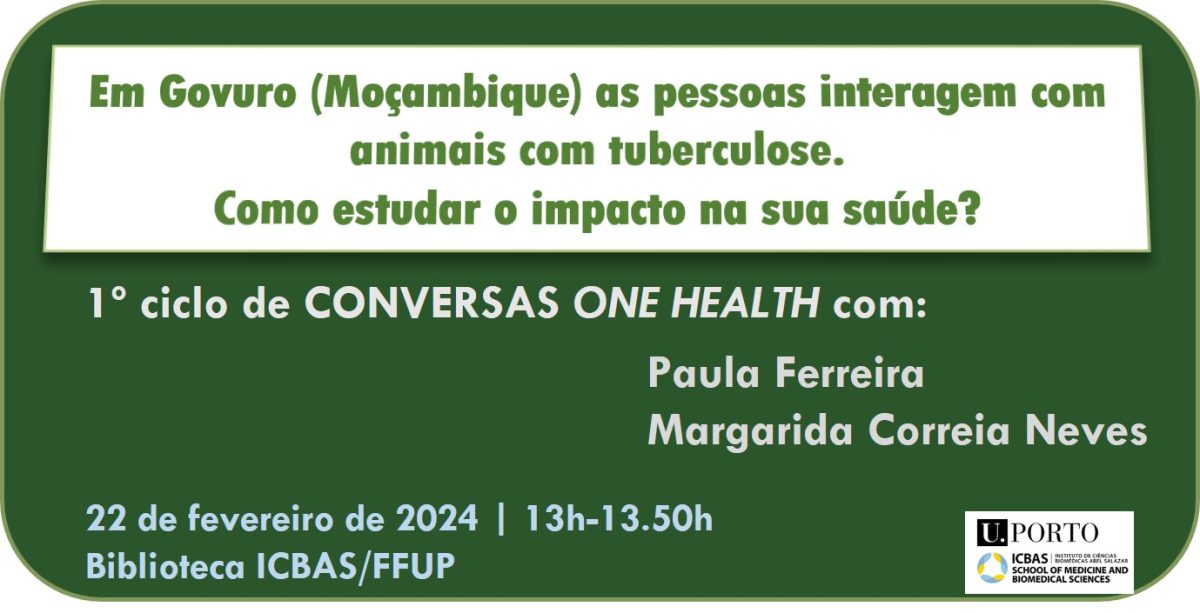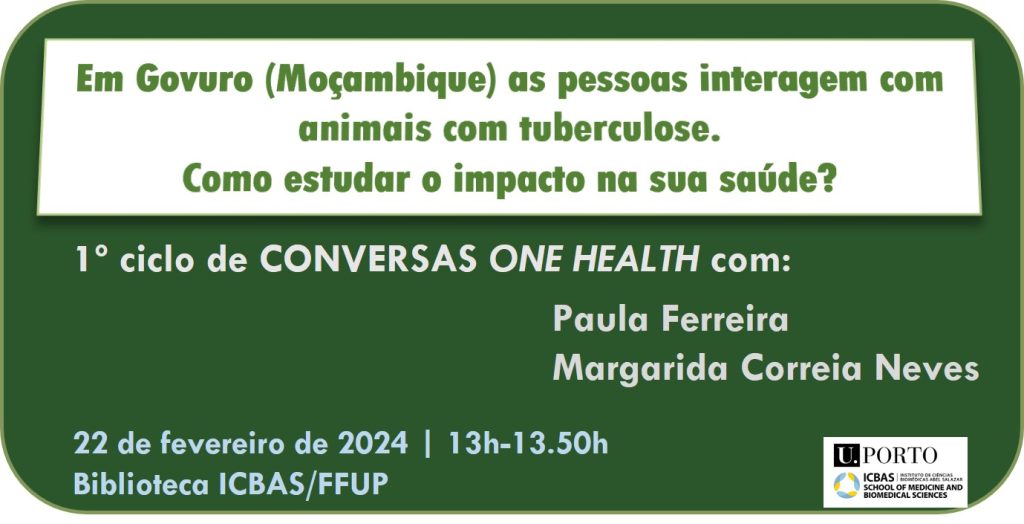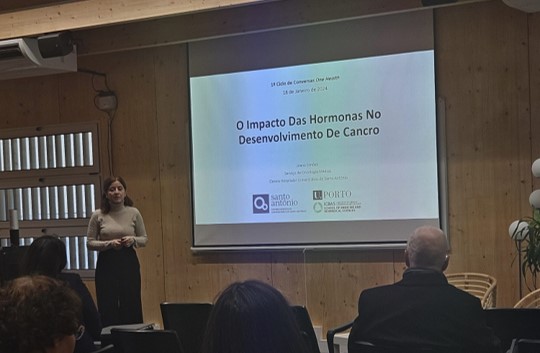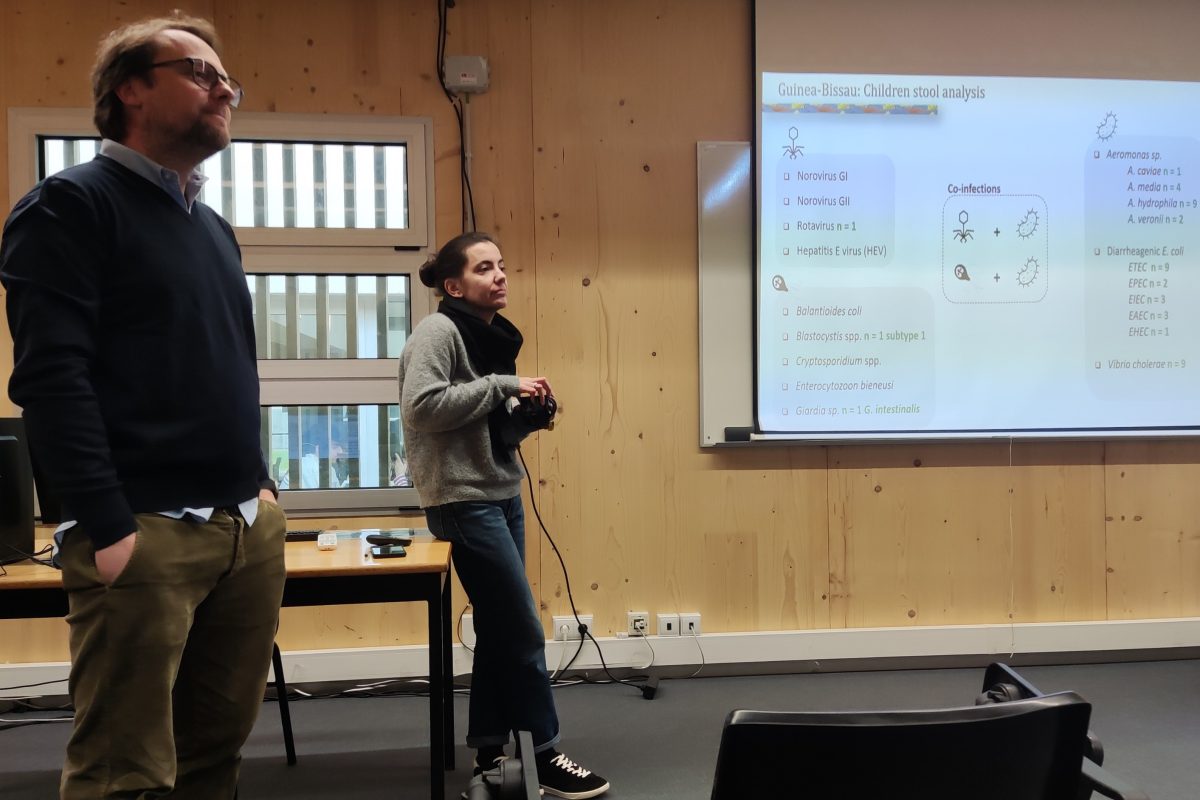The One Health PhD Forum will be held at ICBAS on 13 June 2024. It is a 1-day scientific meeting in which any PhD student enrolled in an ICBAS-UP Doctoral Programme is invited to participate.
The main objective of the meeting is to promote the exchange of scientific knowledge from a One Health perspective, among all the participants. The program includes 2 keynote lectures related to relevant topics of broad interest to everyone.
PhD students can submit his/her work in the area of One Health*, to be presented in oral presentation or virtual poster format. The best presentation and the best poster will be awarded with a travel grant.
Registration is free (but mandatory) and includes lunch and coffee breaks. A certificate of attendance will be given to each participant. If you are interested in sharing your work with the whole ICBAS PhD student community, please, register and submit your abstract (if any) here by 15 April 2024.
* Some examples of One Health matters are: Human and/or animal diseases influenced by environmental factors; Comparative medicine in translational and biomedical research; Molecules of natural origin and their use for prevention or treatment of a certain disease; Food production and Nutrition; Role of microorganisms in the promotion of health; Microbial resistance; Conservation and sustainable exploitation of terrestrial and aquatic ecosystems; Chemical agents and other stressors on the environment and health; Prevention of disease in an integrative way.
